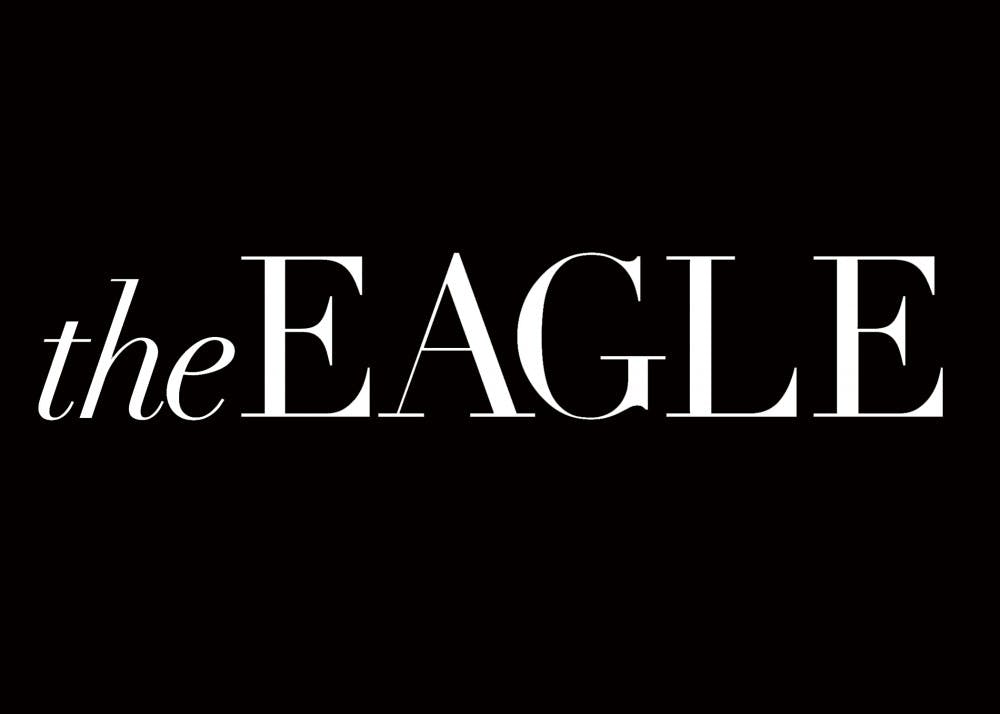Starting Monday at 12 p.m. through Oct. 24, Student Government will hold a student-wide referendum on a proposed raise of the student activity fee by $11.50. Originally proposed this spring, the referendum, referred to by SG members as Amplify the Student Experience, was pushed to the fall elections. If approved, the fee will rise from $88.50 for each student to $100 per semester. The student activity fee is built into AU’s undergraduate student tuition.
Though the student activity fee is a fact of life at AU, the potential for a raise is stirring a larger conversation regarding how student activity funds are allocated to different groups on campus, and if the fee hike will benefit those who need funding most.
Typically, SG, which includes the Kennedy Political Union, Women’s Initiative, Student Union Board and Founder’s Day, receives around 50 percent of the funds generated from the student activity fee. The remaining 50 percent is divided amongst the AU Club Council and Student Media Board, with AUCC receiving about 30 percent and Student Media Board receiving about 20. Historically, clubs that fall under AUCC’s purview have reported that they lack the necessary funds to support their various programming.
We wholeheartedly hear the concerns of AUCC for increased funding and believe that all clubs should receive increased access to funds to support their events, travel and other expenses. However, the allocation of this fee increase will disproportionately benefit SG for larger events and bigger speakers that students are not requesting. Events like Founder’s Day are funded by all students, increasing in cost and exceeding their budgets by tens of thousands every year. However, all students are not able to attend the main event due to venue occupancy regulations. This is a trend that applies to on-campus events as well, exacerbated by AU’s lack of event space.
Further, the argument that the fee increase is the equivalent of a food option at Cava, a local Mediterranean fast-casual restaurant, neglects the fact that, for many students, this is money taken away from groceries, bus fare and other necessary day-to-day expenses.
The argument comes off as tone-deaf, as an excuse for SG to throw large events with big-ticket speakers that AU can’t even adequately accommodate. The power and impact of our campus community largely stems from the grassroots and small organizations, not the grandiose events that too many students can’t and won’t benefit from.
As we seek to expand AU’s recognition as a university, we cannot forget to acknowledge those whose experiences will be not be amplified by an increase. Any cost stretched out over a long enough timeline will seem small in the long-term. However, SG should be in the business of considering the short-term trade-offs that students face everyday, like deciding to purchase textbooks and buying groceries.
We support efforts to increase funding availability to clubs under AUCC, but urge our student community to carefully consider who will benefit most from a fee increase and to what ends. At The Eagle, we are in a place of privilege, receiving the funding we need from Student Media Board to supply our expansive coverage and associated costs. But we have seen how the lack of available funds for smaller clubs has hurt their ability to hold events or travel to conferences while larger organizations can more easily request and receive these funds.
We must ask: Will the passage of the referendum solve these issues? The answer to this question is unclear. It will remain unclear until after the election when the money is allocated through committee. That uncertainty is troubling, and should be taken into account when students vote this week.
Students can vote on the referendum through their AU portal starting Oct. 22 at 12 p.m. through Oct. 24 at 12 p.m.





